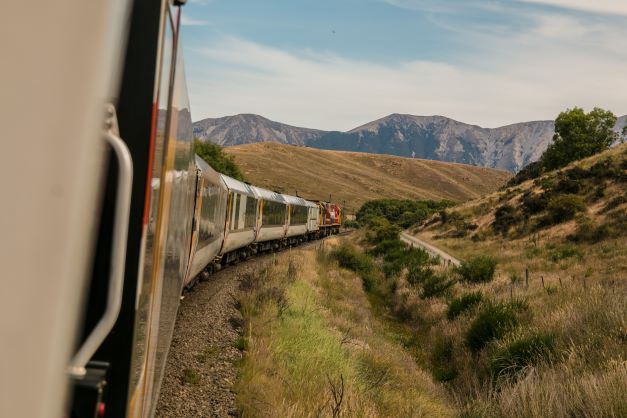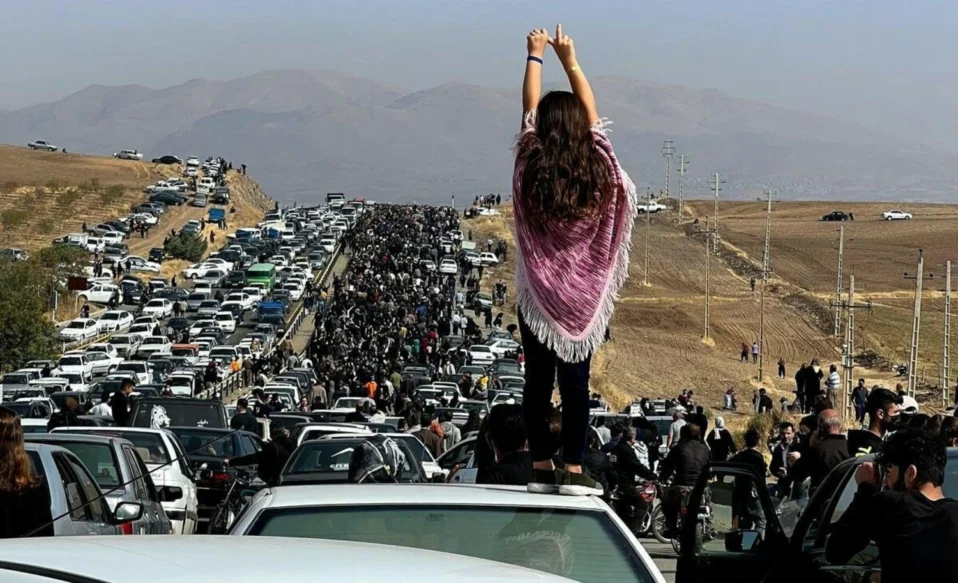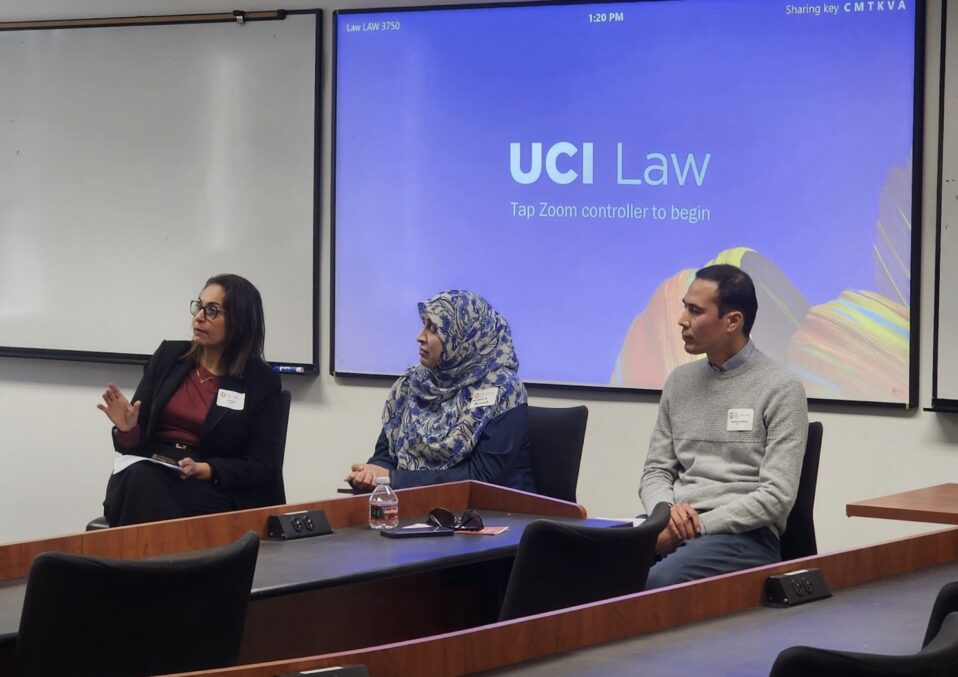With Women’s History Month coming up in March, we wanted to take a moment to honor the women making the world go round. Las Patronas is a group of women who come together to support and give food to Central American migrants making the journey north in search of jobs and a better life. The group began in La Patrona, Veracruz, where the founders say that after purchasing food from a local store, they saw a train known as La Bestia (“The Beast”) with migrants on board who asked them for food. The women gave them the food they were carrying, and returned home, where they spoke about the experience. They decided to continue the work, now preparing between fifteen and twenty kilograms of rice and beans daily, which amounts to about 300 lunches. When passing the Beast, they have approximately 15 minutes to throw the bags, laden with food as well as water, to migrants on the train who catch them. The group has been working since 1995 to provide food and assistance to these migrants, earning several awards for their work, such as the National Human Rights Award in 2013. The group was also nominated for the Princess of Asturias Award in 2015, after a campaign from Change.org collected more than 50,000 signatures in support of their mission.
Latin America is structured by colonial, capitalist, and imperial domination. Migrants are forced to leave their homes as a result of revolutionary struggle, civil war, and U.S. imperialism changing the landscape of their countries. Hundreds of thousands of migrants make the journey north through dangerous terrain into countries where they continue to face persecution and an exhausting immigration process. Though these circumstances are rampant throughout many parts of the world, affecting millions of refugees who seek asylum, groups like Las Patronas continue their life-changing work, making their journey a little easier. Las Patronas took their name from the village of their origin, but it has a wider religious connotation too: patrona means “patron saint” in Spanish. For the migrants, who grab a potentially life-saving donation from a woman they may never see again, the name could not be more apt.
Written by Cindy Castro, Programs Management Intern





